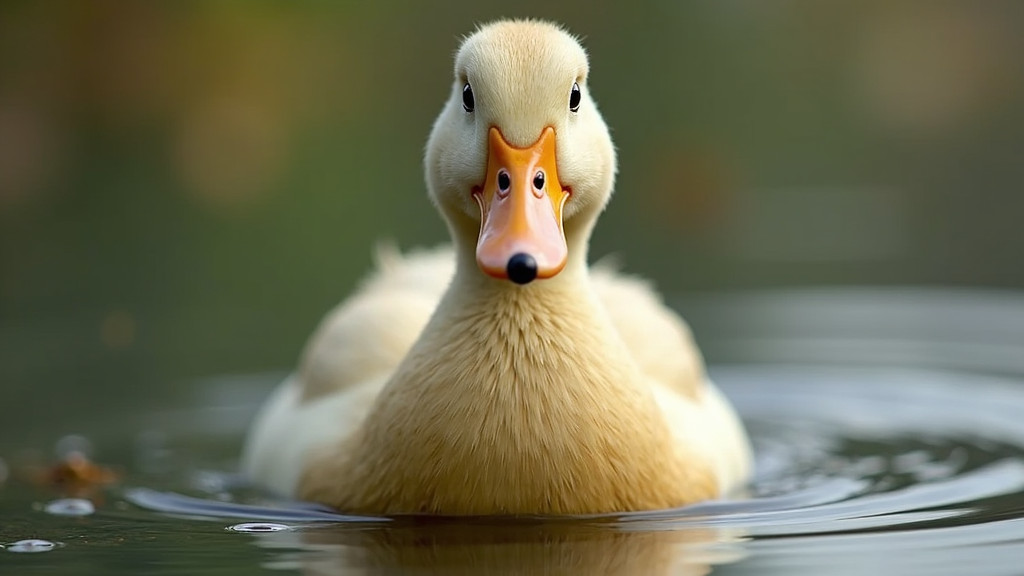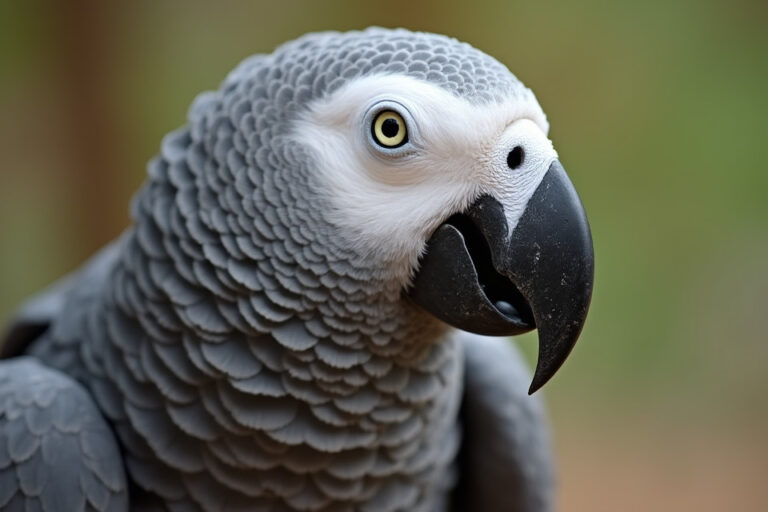How Smart Is a Duck? You Will Be Amaze
Ducks are surprisingly intelligent animals. They demonstrate problem-solving skills, excellent memory, and social adaptability that people often underestimate.

Duck Intelligence
When most people see ducks waddling around a pond, they don’t often think about how clever these birds truly are. But ducks possess remarkable mental abilities, from communication to tool use. Exploring their cognitive skills helps us appreciate their smarts and unique behaviors.
Ducks and Problem-Solving Skills
Ducks have been observed solving problems in their environment. For example, ducks can adapt to urban areas by learning to find food in unconventional places, such as begging for snacks from humans or scavenging in trash bins.
They adapt strategies based on the challenges they face, showcasing their ability to think creatively.
Communication and Social Dynamics
Ducks excel in communication, using a mix of vocalizations and body language to interact. Their quacks, honks, and whistles convey warnings, mating calls, and even mother-duck-to-duckling instructions. The social intelligence of ducks is also evident in their ability to form tight-knit groups and maintain order in flocks.
Evidence of Long-Term Memory
One of the most fascinating aspects of duck intelligence is their memory. Studies have shown that ducks can remember locations, faces, and even individuals who feed them. This sharp recall helps them identify safe zones, recognize threats, and create bonds with humans and other animals.
Do Ducks Recognize Humans?
Yes! Ducks can recognize and remember human faces. If you’ve been feeding a group of ducks regularly, they’re likely to associate you with food and safety. Over time, they’ll approach you more confidently, learning that you’re part of their safe world.
Read More: How many species of birds are nocturnal?
Ducks Using Tool-Like Behaviors
While they may not use tools in the traditional sense, ducks exhibit tool-like behaviors when foraging. For example, they’ve been seen using their surroundings to access food, such as flipping leaves or mud to uncover insects and seeds. Their clever approach to solving food-related challenges hints at impressive adaptability.
How Ducks Train Their Ducklings
Duck intelligence is passed on through generations. Mother ducks teach their ducklings how to swim, forage, and stay safe from predators. These learned behaviors, combined with the instincts of the young ducks, create well-rounded survival strategies that ensure the next generation thrives.
Emotional Intelligence in Ducks
Did you know ducks exhibit emotional intelligence? Ducks form bonds with their flock members and even express visible signs of distress when they lose a companion. They have been observed displaying protective behaviors, like shielding ducklings or warning their peers when sensing danger.
Navigation Skills and Migration
A duck’s sense of direction is nothing short of extraordinary. Migratory ducks rely on a combination of star navigation, magnetic fields, and geographic memory to travel thousands of miles. Their precision and ability to return to specific breeding sites year after year highlight their unmatched navigational intelligence.
How Ducks Learn from Observation
Another significant proof of duck intelligence is their ability to learn through observation. When one duck figures out a new way to access food or avoid a predator, its companions sometimes mimic the behavior. This social learning showcases their ability to pick up new tactics simply by watching others.
Comparing Duck Intelligence
How smart are ducks compared to other birds? Ducks rank similarly to chickens and pigeons, but they may not match the problem-solving ingenuity of crows or parrots. However, their combination of memory, social adaptability, and instincts puts them among the more intelligent species in the avian world.
Fun Facts About Duck Intelligence
Exploring duck intelligence wouldn’t be complete without some fun tidbits. Did you know that ducks can distinguish between colors and prefer bright ones like green and blue? They even develop preferences for certain people based on positive interactions!
Read More: 7 Best Birding Lodges In The World
Why We Should Appreciate Duck Intelligence
Recognizing the intelligence of ducks isn’t just interesting—it helps us treat them with more respect and care. Ducks play vital roles in ecosystems, supporting biodiversity and contributing to the environment. Understanding their behaviors helps us create safer spaces for them to thrive.
Closing Thoughts
Ducks are far smarter than they get credit for. From their problem-solving abilities and deep emotional intelligence to their exceptional navigation talents, these waterfowl can surprise even the most seasoned bird enthusiasts. Next time you see a duck, take a moment to appreciate just how clever and resourceful they truly are!






